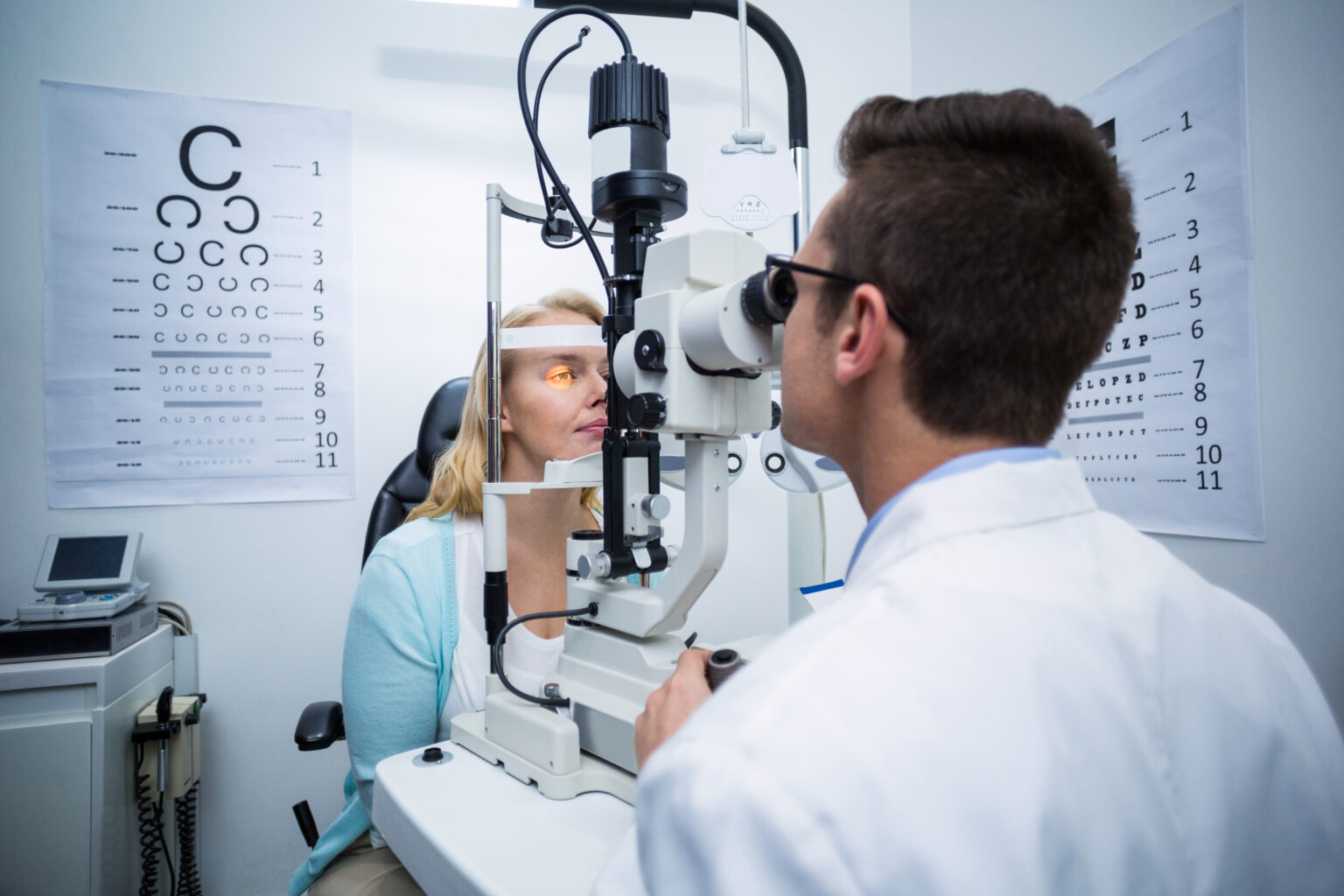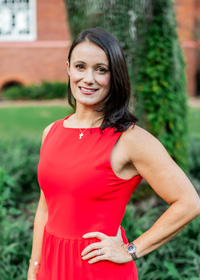Comprehensive Eye Care

What Happens During a Comprehensive Eye Exam?
Comprehensive eye care is essential for maintaining healthy vision and detecting potential eye problems early. At Central Florida Eye Specialists, we are dedicated to providing our patients with the highest quality eye care services in a welcoming and professional environment.
A comprehensive eye exam is a thorough evaluation of your vision and eye health. During the exam, your eye doctor will begin by reviewing your medical history and discussing any vision concerns you may have.
Next, they will evaluate your visual acuity, or sharpness of vision, using an eye chart. Your eye alignment, eye muscle movements, and peripheral vision will also be assessed.
Your eye doctor will then check your eye pressure to screen for glaucoma and examine the front part of your eye, including the cornea, iris, and lens. To get a better view of the back of your eye, including the retina and optic nerve, your pupils will be dilated.
Common Vision Disorders
There are several common vision disorders that can affect your ability to see clearly:
Nearsightedness
Nearsightedness is a condition where you can see nearby objects clearly, but distant objects appear blurry. It occurs when the eyeball is too long or the cornea is too curved, causing light to focus in front of the retina instead of directly on it.
Farsightedness
Farsightedness is the opposite of nearsightedness. You can see distant objects clearly, but nearby objects appear blurry. It happens when the eyeball is too short, or the cornea is too flat. Light focuses behind the retina instead of on it.
Astigmatism
Astigmatism is a condition where the cornea or lens is irregularly shaped, causing blurred or distorted vision at all distances. Instead of being spherical, the cornea or lens is more oval-shaped.
Astigmatism often occurs along with nearsightedness or farsightedness.
How Often Do I Need to Have an Eye Exam?
The frequency of eye exams depends on your age, overall health, and risk factors. As a general guideline:
Children
Children should have their first eye exam between six and twelve months old, then again at three years old, and before starting school.
School-Aged Children
School-aged children and teens should have an exam every one to two years. Central Florida Eye Specialists only sees patients ages 13 and older.
Adults
Adults should have a comprehensive eye exam every one to two years or as recommended by their eye doctor.
Senior
Seniors over sixty should have an exam annually.
You may need more frequent exams if you have a family history of eye disease, diabetes, high blood pressure, or other health conditions that can affect your vision.
What Are Contact Lenses?
Contact lenses are thin, curved lenses that sit directly on the surface of your eye. They correct vision similarly to glasses but are virtually invisible and don’t affect your appearance.
There are two main types of contact lenses:
Soft Contact Lenses
Soft lenses are made of flexible plastics that allow oxygen to pass through to the cornea. They are very comfortable and come in disposable or extended-wear varieties.
Hard Contact Lenses
Hard contact lenses, also known as rigid gas permeable (RGP) lenses or scleral lenses, are made of durable plastics that allow oxygen to pass through to the cornea. They offer sharper vision and are more resistant to the buildup of deposits compared to soft lenses.
However, they may take longer to adjust to and can be less comfortable initially. Hard contact lenses are often used for people with astigmatism or those who require a high degree of vision correction.
Your eye doctor can help determine which type of contact lens is best for you based on your vision needs, lifestyle, and eye health.

How Do You Use Contact Lenses?
Using contact lenses involves these basic steps:
- Wash your hands thoroughly with soap and water.
- Place the lens on the tip of your finger and rinse it with contact lens solution.
- Pull down your lower eyelid and hold your upper eyelid open.
- Gently place the lens on your eye and close your eyes to allow it to settle into place.
- Repeat with the other lens.
To remove the lenses, wash your hands, gently pinch the lens, and slide it off your eye. Clean and store the lenses in contact lens solution as directed.
Always follow your eye doctor’s instructions for wearing and caring for your lenses to reduce the risk of eye infections.
How Do I Know If I Can Get Contact Lenses?
Most people who need vision correction can wear contact lenses safely and comfortably. However, not everyone is a good candidate for contact lenses.
You may not be able to wear contact lenses if you have:
The best way to know if you can wear contact lenses is to have a comprehensive eye exam and contact lens consultation with your eye doctor. They will evaluate your vision, eye health, and discuss your lifestyle needs to determine if contacts are right for you.
At Central Florida Eye Specialists we offer a wide range of contact lenses to fit your unique vision needs.





